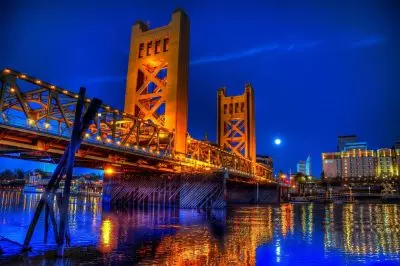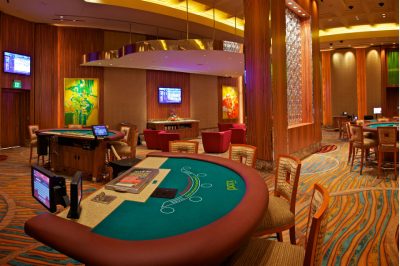 Cardrooms in San Jose could face an increased tax at the time they are permitted to finally reopen, as part of city officials hope to see the proceeds help them fill a massive hole in the budget.
Cardrooms in San Jose could face an increased tax at the time they are permitted to finally reopen, as part of city officials hope to see the proceeds help them fill a massive hole in the budget.
Tomorrow, August 4th, the City Council of San Jose is set to take into consideration whether to take the matter to a city ballot in November and ask local voters to boost taxes on the monthly revenues generated by cardrooms and the ones generated by third-party players. The City Council could also ask them whether they want to boost the overall number of table games across San Jose.
The plan would also provide each of the two casinos in the city with the opportunity to add 15 gaming tables each, but adding more table games to the existing casinos’ offering requires voter approval, according to the gaming policy of San Jose. The addition of more games was something that the casino operators have been asking to be permitted to do for years.
In case San Jose voters give the green light to the measure on the November ballot, cardroom taxes would grow from 15% to 16.5%, with the move expected to generate about $15 million on an annual basis for the general fund of the city. The new tax would not be applicable to companies and organizations, which monthly revenue does not surpass $10,000.
Local Officials Admit the City Needs Extra Revenue and Higher Gambling Venue Tax Could Provide It
 The move has been provoked by the fact that the city desperately needs some extra revenue to be added to its coffers, especially one for public safety, homeless services, natural disasters, etc.
The move has been provoked by the fact that the city desperately needs some extra revenue to be added to its coffers, especially one for public safety, homeless services, natural disasters, etc.
The tax increase would affect the two cardroom establishments in the city of San Jose – Casino Matrix and Bay 101 – that usually do not offer casino table games such as roulette, craps, etc., as well as video poker and slot machines. City officials have revealed their hopes that the tax hike could help San Jose boost earnings by $9 million on an annual basis, contributing to the yearly tax revenue of $2 million. Furthermore, the additional tax that would be imposed on aforementioned third-party providers is expected to generate an additional $4 million every year.
If the local voters give their approval to the proposed changes on the November ballot, the new tax increase would take effect as of January 1st, 2021.
Overall tax revenue of $18.9 million was generated by the city-based cardrooms back in 2018-2019, with the money being used to support general city services. In February 2020, tax revenues were expected to generate another $18.9 million but that amount experienced a sharp decline to $13.5 million after local casinos and entertainment establishments were forced to cease operations as part of the coronavirus lockdown. That reflects an expected 28% decline in comparison to the revenue generated in the previous year, but revenue of $17.1 million generated from local cardrooms is still included in the city’s budget.
The gambing sector in San Jose has become subject to stricter regulation over the years. A decade ago, local voters gave the green light to the so-called Measure K, under which taxes increased from 13% to 15%, while the limit for card tables rose from 40 to 49 per establishment. The measure that could be given the green light in November is the first occasion in ten years when the casino owners have been given the chance to boost the number of gaming tables at their establishments.